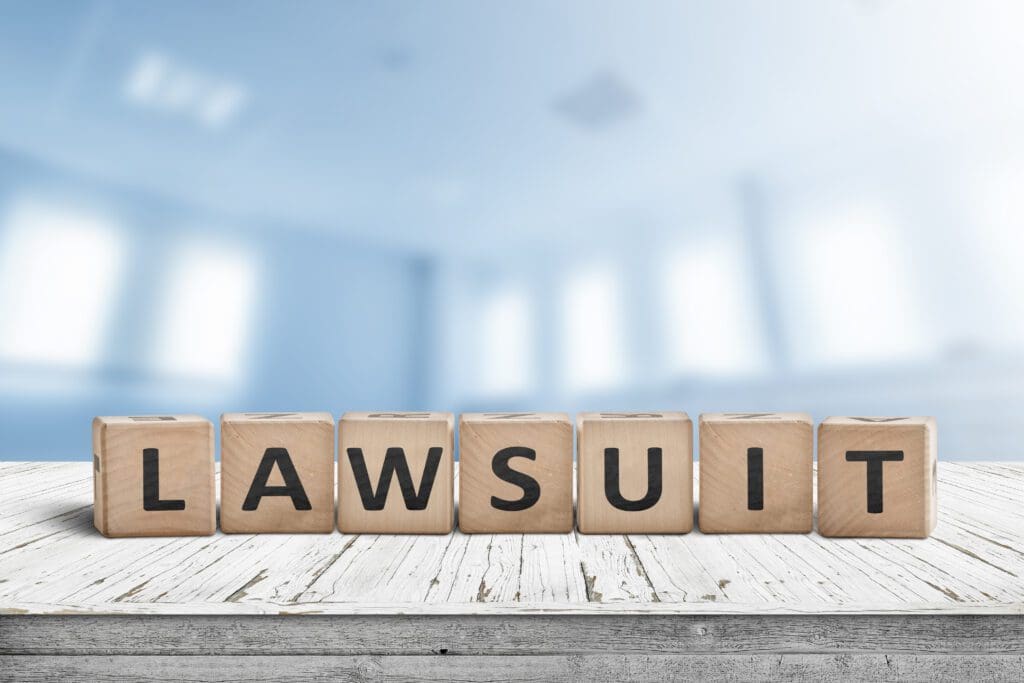If you receive a summons from a creditor this means that the creditor is now using the legal system to try and collect on the money that is allegedly owed. Receiving a complaint and summons means that you have been sued and you need to take this matter seriously. You need to formulate a plan of action for how to respond to being sued by a creditor.
Generally speaking, the minute you file bankruptcy the lawsuit will completely disappear. The automatic stay of bankruptcy goes into effect and it becomes illegal for the creditor to continue harassing you. However, if for one reason or another you cannot immediately file bankruptcy then you basically have two options.
Option 1: Ignore the Summons
Option one, is to just ignore the Summons altogether. It’s your God-given right to just ignore the Summons, you don’t have to file an Answer with the court. However, if you don’t file an Answer with the court then the judge will grant them a Default Judgment. A Default Judgment basically means that the creditor wins by default.
Once a creditor has a Judgment against you things can get very sticky. With this new Judgment a creditor will be able to go back into court and ask to enforce it. The creditor will be able to ask for things like a Writ of Garnishment or a bank levy. So, once a creditor has a Judgment against you either you will pay them in full or you will file bankruptcy.

Option 2: Answer the Summons
Your second option, to handling the Summons is to file an Answer with the court. Currently, the filing fee in the Superior Court is $245 and $68 in the Maricopa County Justice Court. In addition to the fee, once you file an Answer you are required to comply with a long list of court rules.
In 99% of the instances if you try and fight a Summons you’ll end up losing the case and the creditor will receive a Judgment against you anyway. Again, once the creditor receives a judgment you are either going to pay them or you’re going to file bankruptcy.
If you need help from an Arizona attorney, then contact the Dunaway Law Group at 480-389-6529 or message us HERE.
These blog posts are not intended nor shall they be deemed to be the rendering of legal advice. Reading these blog posts does not create an attorney-client relationship, nor shall it impose an obligation on the part of the attorney to respond to further inquiry.

